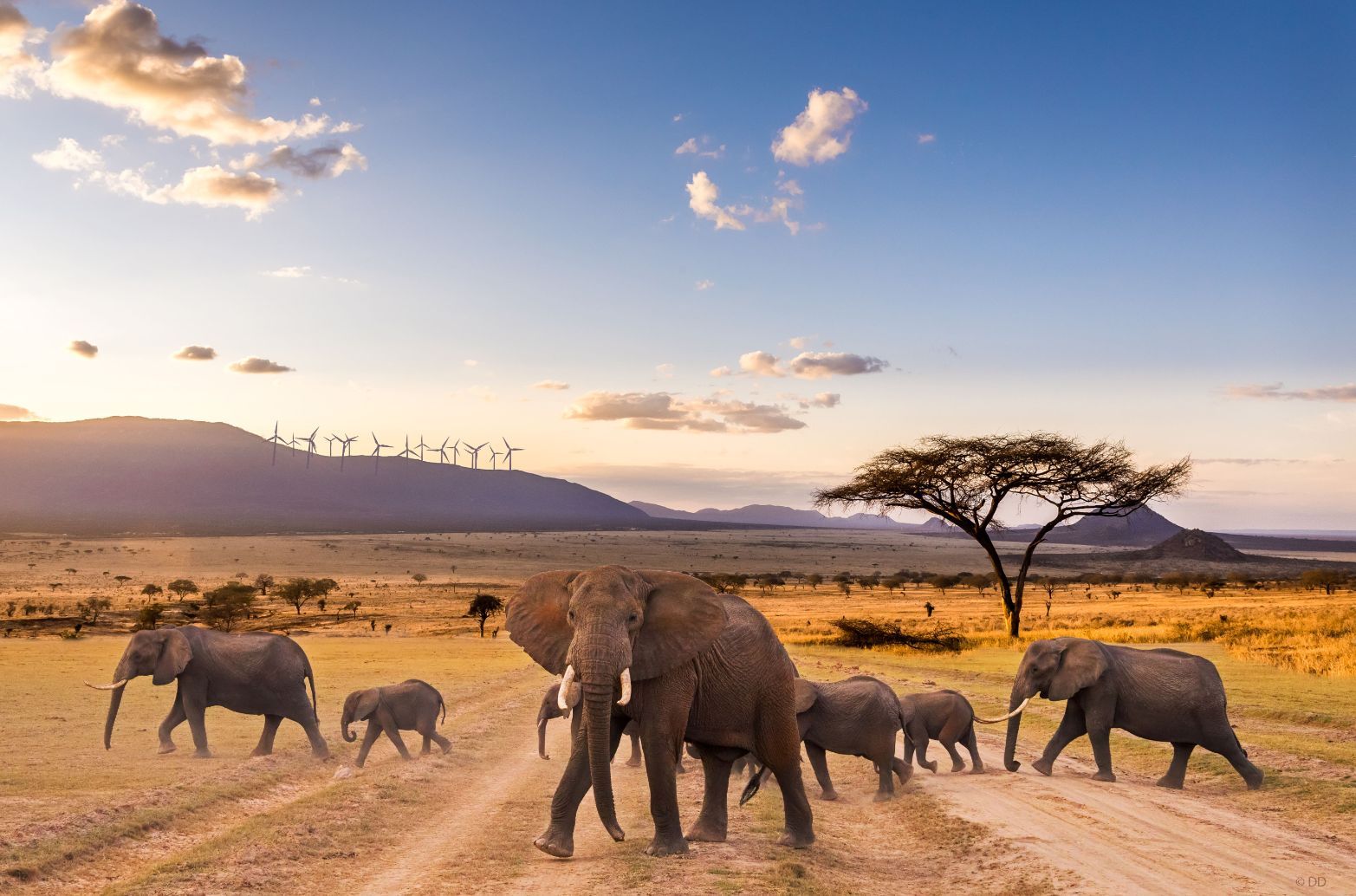Power Africa: on accelerating energy access and the importance of in-depth conversations at PAS24
)
The Powering Africa Summit (PAS24) will mark the close of Power Africa’s 10th year Anniversary celebrations. As summit hosts, Power Africa talks to EnergyNet about the ideas, goals and opportunities to be discussed in March.
Why is PAS 2024 important for Power Africa?
The Powering Africa Summit 2024 is important for Power Africa because we are going to take this opportunity to close our 10th-year Anniversary celebrations with discussions about the critical financial aspects to accelerate energy access over the next ten years. This will also be an opportunity to engage with the private sector and policy makers on conversations related to climate finance and ways to reduce the cost of debt in the development of energy initiatives across the continent.
A significant part of our work ensures a just energy transition. To this end, Power Africa engages with public and private sector leaders to promote equitable social and economic benefits from energy projects. The Summit will be an opportunity for Power Africa to highlight initiatives that address this goal; for example, the Energy Sector Women’s Leadership Initiative (ESWLI), which was launched in Nigeria to equip women with essential skills and knowledge to thrive and grow in their careers. In 2022, more than 700 professionals from Nigeria, Ghana, Liberia, and Sierra Leone graduated from the program. Nearly one-third of ESWLI alumni were promoted or accepted new positions, and many graduates negotiated higher salaries and began mentoring their colleagues.
What are Power Africa’s goals and objectives at PAS 2024?
We want to have in-depth conversations about the work for the next ten years. We hope to gather ideas that contribute to the acceleration of energy access in Sub-Saharan Africa in the upcoming years, which include on- and off-grid projects.
This is essential as Power Africa seeks to add 30,000 megawatts (MW) of new electricity generation capacity and 60 million new electricity connections for homes and businesses by 2030. It will cost $200 billion annually through 2030 to achieve universal access; far more than the funding available from African governments and foreign donors and the summit will provide a great opportunity to kickstart the conversations around these issues.
One of our main goals is to talk about how we address constraints and seize new opportunities including technology commercialization, climate smart energy strategies and innovative financing models.
How can PAS be a unique networking opportunity for Power Africa’s partners?
Power Africa brings together the influence and capacity of the U.S. government, private sector companies, international development agencies, political leaders, and financial institutions to increase power generation and overcome barriers to electricity access.
Our global partnership approach links public- and private- sector efforts and resources, and connects investors and entrepreneurs to opportunities that drive technology, policy, financial, and social solutions that improve lives.
The Summit will provide our organization with the chance to expand our connections with the public and private sectors.
Power Africa will be celebrating its 10-year anniversary at PAS – are there any particular highlights you would like to share with us in advance of the summit?
Since its inception in 2013, Power Africa has allocated over $575 million to strategic investments in energy production, transmission, distribution, and enabling environment reforms. That investment leveraged over $25 billion for 149 power projects totaling over 14,000 MW.
Our organization has harnessed the collective resources of 12 U.S. government agencies and over 200 public- and private-sector partners to end energy poverty in sub-Saharan Africa to help deliver new or improved electricity services to more than 190 million people across sub-Saharan Africa.
Power Africa invested $49 million into 13 clean energy-finance vehicles that have resulted in $1.6 billion in commitments. Already, nearly half of these commitments have been realized and are being invested into clean energy projects.
Since 2014, Power Africa has mobilized more than $1.2 billion in investment for off-grid clean energy projects. Just in 2022, Power Africa mobilized $234 million in investment and advisory support to help off-grid solar companies gain access to finance and secure capital for growth.
In addition to adding nearly 3,900 MW of renewable energy to the grid, since 2013 Power Africa has supported transmission and distribution utilities to reduce energy losses and stretch renewable resources further.
Power Africa-supported generation projects have reduced or avoided an estimated 32.1 million tons of CO2 emissions, the equivalent of burning 36 billion pounds of coal.
Through the Health Electrification and Telecommunications Alliance (HETA), Power Africa is assembling the leading renewable energy, digital technology, and health solutions providers to electrify and digitally connect 10,000 health facilities, enable modern medical services, and improve lives. With $47 million of USAID Power Africa and Global Health funding, HETA is operationalizing a $150 million public-private partnership program to power up and digitally connect thousands of health facilities in sub-Saharan Africa, transforming them into hubs of clean energy development.
At the 2022 edition of PAS Power Africa discussed the building of the Clean Tech Energy Network (CTEN) – how has this progressed since 2022 and how might this fit into the 2024 program?
The U.S.-Africa Clean Tech Energy Network (CTEN) connects U.S. and African cleantech energy companies and innovation and research centers to increase technical collaboration, partnership, and market opportunities to accelerate access to reliable electricity. CTEN has engaged with over 100 U.S. cleantech companies to disseminate market intelligence and provide ad-hoc technical assistance and advisory support.
Additionally, CTEN is facilitating U.S. companies’ participation in tendering processes for distributed energy and battery energy storage systems trade opportunities in countries including Chad and the Gambia, for a potential combined value of US$ 14M.
CTEN aims to facilitate up to $350 million in deals within the first five years.
CTEN works to identify trade leads, business opportunities, and clients, as well as introduce leads to U.S. clean tech energy firms; conduct preliminary market sizing and entry assessments; prepare sector opportunity assessments; gather information on country-level regulatory environments and ongoing procurement processes; and identify local contractors and distributors for U.S. manufacturers.

